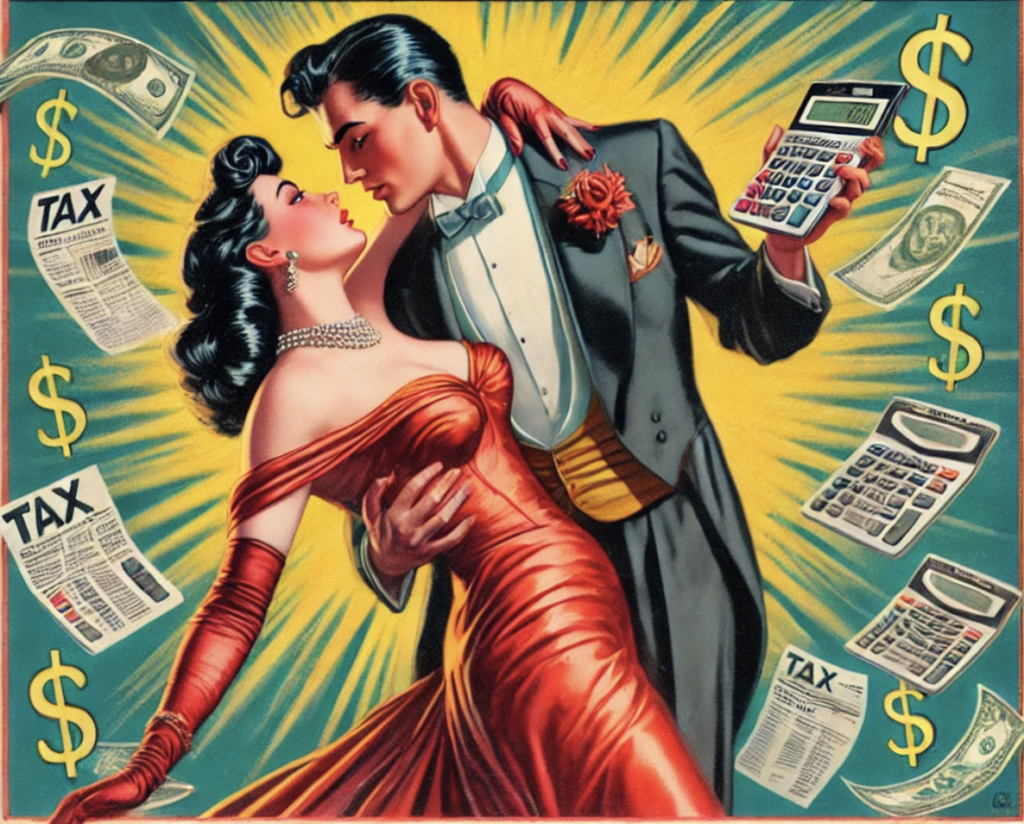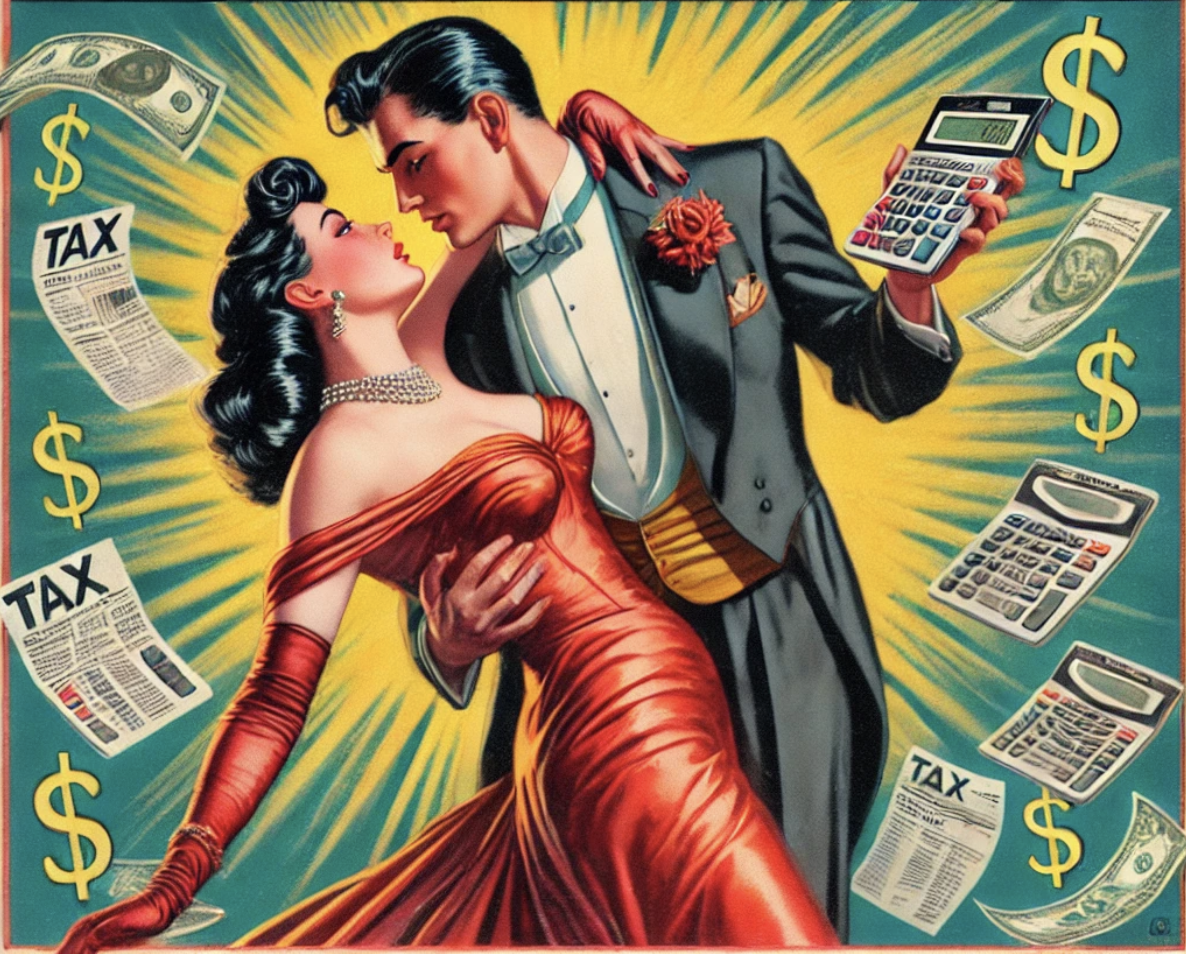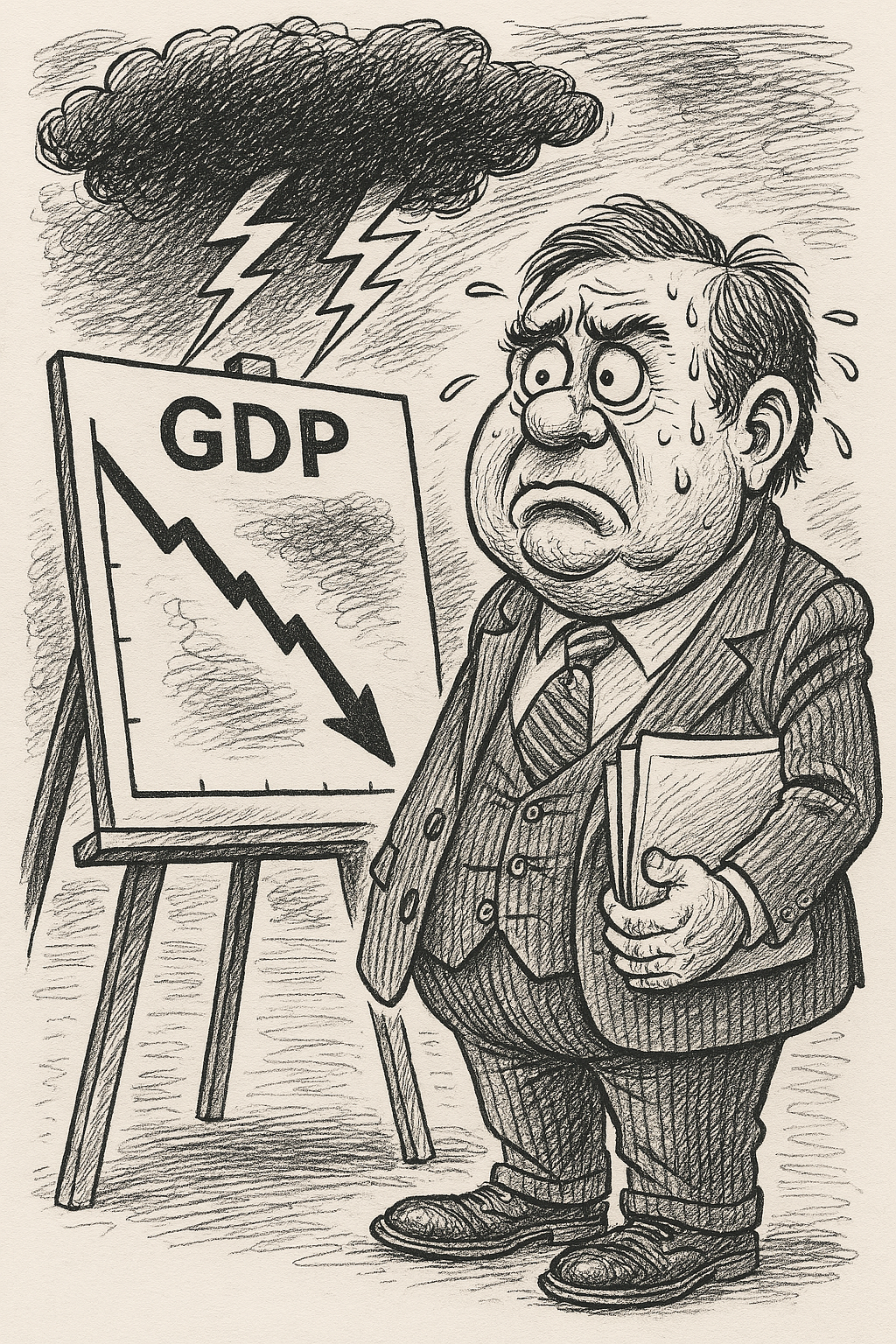ST. LOUIS — Are you ready to hear the truth about marriage that Big Love doesn’t want you to know? Brace yourself, because a groundbreaking new study from the Federal Reserve Bank of St. Louis has exposed the U.S. marriage market for what it really is: A ruthless, algorithm-driven hunger games for finding someone who’s just as tediously well-educated, comfortably well-off, and tragically fond of artisanal coffee as you are.

Forget Love, Find a Spreadsheet Buddy!
To understand why you married the person snoring next to you right now, first we need to delve into the dating process. Because, believe it or not, for at least the last 17 years, the eternal romantic journey has been involved more with unconscious mental spreadsheets and algorithms than moonlit serenades. We’re talking about data, people. Specifically, the data that shows who ends up with whom, and why. Spoiler alert: It’s not always because you both “love long walks on the beach.”
According to this earth-shattering research, people aren’t looking for love anymore—they’re looking for someone with a similar tax bracket. Online dating might have transformed how people meet, but who people pick is still based on good ol’ fashioned things like education, income, and—wait for it—SKILL LEVELS. You heard it here first: Your online dating profile should just be your résumé.
From Fairy Tales to Fiscal Realities
Remember that romantic notion of searching for Prince or Princess Charming? Yeah, scratch that. This study reveals that dating has officially become the “Capitalist Hunger Games.” People aren’t trying to find someone to ride off into the sunset with—they’re searching for someone who can co-sign a loan. According to the study, preferences for mates have gotten even more about cold, hard cash since the 1960s. Apparently, nothing says romance like asking, “So, what’s your credit score?”
Online Dating is Ruining Romance (And Saving the IRS Time)
You might think that online dating is revolutionizing the way we meet people. Well, it is… if by “revolutionizing” you mean turning courtship into an efficiency-obsessed Amazon warehouse for relationships. Back in 1998, only 2% of couples met online, because the internet was more a jumble of dial-up screeches than any sort of reliable matchmaking service.
But by 2017, that number skyrocketed to almost 50%. Half of all married couples are basically the product of the most unromantic swipe imaginable. It’s official: Cupid was replaced by an algorithm.
The Rise of the ‘Power Couple’ and Why It’s Making Us Poor
Let’s look at the big question: Do people prefer someone just like them? Or do opposites attract, like those annoying refrigerator magnets? Spoiler: We like people just like us—same education, same economic status, same questionable interest in obscure hobbies we pretend make us interesting. It’s not so much love as it is a mutual agreement to admire our own reflection in someone else’s eyes. All this “like marries like” business is driving income inequality through the roof!
Those power couples who’ve combined their Ivy League degrees and LinkedIn endorsements are leaving the rest of us in the dust. The Cheremukhin report boldly claims that assortative mating (a fancy term for “let’s both make six figures and buy a yacht”) accounts for half of the income inequality rise in recent decades. Forget climbing the social ladder—you can’t even find the first rung unless your spouse has a 401(k) and a side hustle.
Women Are To Blame (for Destroying the Patriarchy!)
But wait, there’s more! If you’re wondering what’s really to blame for this seismic shift in the marriage market, it’s… women’s increased workforce participation and educational attainment! That’s right, ladies—by leaving the kitchen and getting degrees, you’ve somehow managed to shatter the glass ceiling and the entire concept of romance! Congratulations on singlehandedly ruining traditional gender roles AND becoming equal partners in crime. Way to go!
Stay tuned for a soon to be released study entitled: “Why Marrying for Love Is Officially for Chumps, According to Economists Who’ve Never Been on a Date.”
Source:
Cheremukhin, A., Restrepo-Echavarria, P., Tutino, A., 2024; Marriage Market Sorting in the U.S., Federal Reserve Bank of St. Louis Working Paper 2023-023. URL https://doi.org/10.20955/wp.2023.023




